Juniper wood
$260.00 – $1,300.00Price range: $260.00 through $1,300.00
Juniper Wood
Juniper wood, sourced from the hardy juniper tree (Juniperus spp.), is a versatile softwood celebrated for its aromatic scent and natural durability. Native to arid and mountainous regions worldwide, this wood has been a staple in cultures for millennia, from ancient rituals to modern crafts. In this comprehensive guide, we’ll explore the origins, distinctive properties, practical applications, and maintenance tips for juniper wood, empowering you to harness its unique qualities for your projects.
The Origins and History of Juniper Wood
Juniper trees are evergreen conifers found in diverse climates, from the Mediterranean to the American Southwest, including species like Juniperus occidentalis (Western juniper) and Juniperus virginiana (Eastern red cedar, often grouped with junipers). These resilient trees, which can live for hundreds of years, have deep historical roots. Ancient Egyptians and Greeks used juniper wood for incense and tools, while Native American tribes in the U.S. employed it for bows, canoes, and ceremonial fires.
In the American Southwest, juniper wood became integral to pioneer life for fencing and fuel. Today, it’s harvested sustainably from managed forests, often as a byproduct of land management, reflecting its enduring role in both ecology and culture.
Key Properties of Juniper Wood
Juniper wood boasts a rich, reddish-brown heartwood that ages to a deeper hue, with a straight or slightly twisted grain. It’s known for its aromatic oils, giving it a distinctive cedar-like scent.
- Density and Strength: A softwood with moderate density (specific gravity around 0.5-0.6), juniper wood is lightweight yet surprisingly strong, offering good bending and shock resistance. It’s not as brittle as some hardwoods.
- Workability: It machines easily, sands smoothly, and holds details well, though its oils can affect finishes. Juniper wood takes stains beautifully, developing a warm patina over time.
- Durability: Highly resistant to decay, insects, and weathering due to natural preservatives, making it ideal for outdoor applications. It’s stable and less prone to warping.
- Scent and Texture: Juniper wood emits a fresh, woody aroma with herbal notes, especially when worked or burned. The texture is fine and smooth, with a natural luster that enhances its appeal.
These properties make juniper wood a reliable choice for both functional and aesthetic projects.
Popular Uses of Juniper Wood
Juniper wood’s durability and scent make it suitable for a wide array of uses, from heating to handicrafts. Here’s a breakdown of its most common applications:
Firewood and Heating
Juniper wood is prized as firewood for its clean, hot burn and pleasant aroma. It’s a favorite in fireplaces and wood stoves, producing minimal smoke and sparks. The wood’s oils create a fragrant ambiance, perfect for cozy evenings.
Furniture and Cabinetry
In woodworking, juniper wood is used for rustic furniture like tables, chairs, and cabinets. Its warm tones and grain patterns complement Southwestern or natural styles. It’s often chosen for outdoor pieces due to its weather resistance.
Smoking and Culinary Applications
Juniper wood is excellent for smoking meats, fish, and cheeses, imparting a subtle, herbal flavor with piney undertones. It’s used in smokers and grills, especially in European cuisines like German sausages or Scandinavian dishes, adding complexity without overpowering.
Other Creative Applications
Juniper wood is crafted into carvings, sculptures, and jewelry boxes, where its scent lingers. It’s also used for fence posts, tool handles, and even musical instruments like flutes. In some cultures, it’s burned as incense or used in aromatherapy for its calming properties.
Benefits of Choosing Juniper Wood
Selecting juniper wood brings a host of advantages that make it stand out:
- Natural Durability: Its resistance to rot and pests ensures long-lasting performance, even outdoors.
- Aromatic Qualities: The inherent scent adds a sensory dimension to any use, from fires to crafts.
- Eco-Friendly Sourcing: Harvested from abundant, renewable trees, juniper wood supports sustainable forestry.
- Versatility: Adapts to heating, building, and cooking with ease, offering broad appeal.
- Health and Safety: Naturally pest-resistant and non-toxic, it’s safe for indoor and food-related applications.
These benefits position juniper wood as a practical, high-value material for diverse needs.
How to Care for Juniper Wood
Proper care maintains juniper wood’s beauty and functionality. Season the wood by air-drying for 6-12 months to reduce moisture and oils. For finished items, apply a protective oil or sealant to enhance durability. Clean with a soft cloth and mild soap, avoiding harsh chemicals that could strip its natural oils.
Store juniper wood in a dry, ventilated space to prevent mold. With attentive maintenance, juniper wood can last for decades, retaining its strength and aroma.
Conclusion: Why Juniper Wood is a Timeless Choice
Juniper wood combines rugged resilience with aromatic charm, making it an excellent option for woodworkers, chefs, and outdoor enthusiasts. Whether you’re kindling a fire, crafting furniture, or smoking a meal, its properties ensure outstanding results. Discover the versatility of juniper wood and integrate it into your projects for enduring appeal. For tailored guidance, consult local experts or suppliers to see how juniper wood can fit your lifestyle.
| SIZE | Full cord pallet, 1/2 cord pallet, 1/4 cord pallet, 1/8 cord pallet |
|---|
2 reviews for Juniper wood
Add a review Cancel reply
Related products
Firewood
Firewood
Firewood
Firewood
Firewood
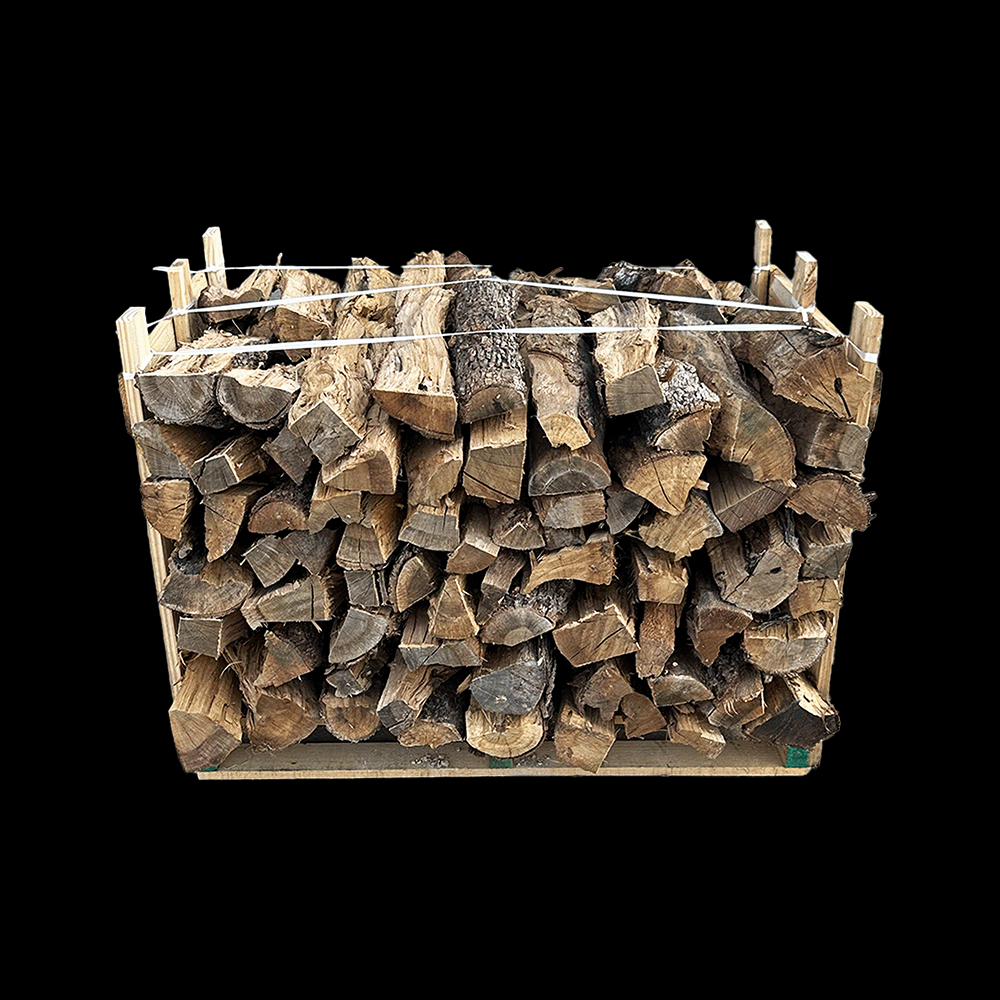
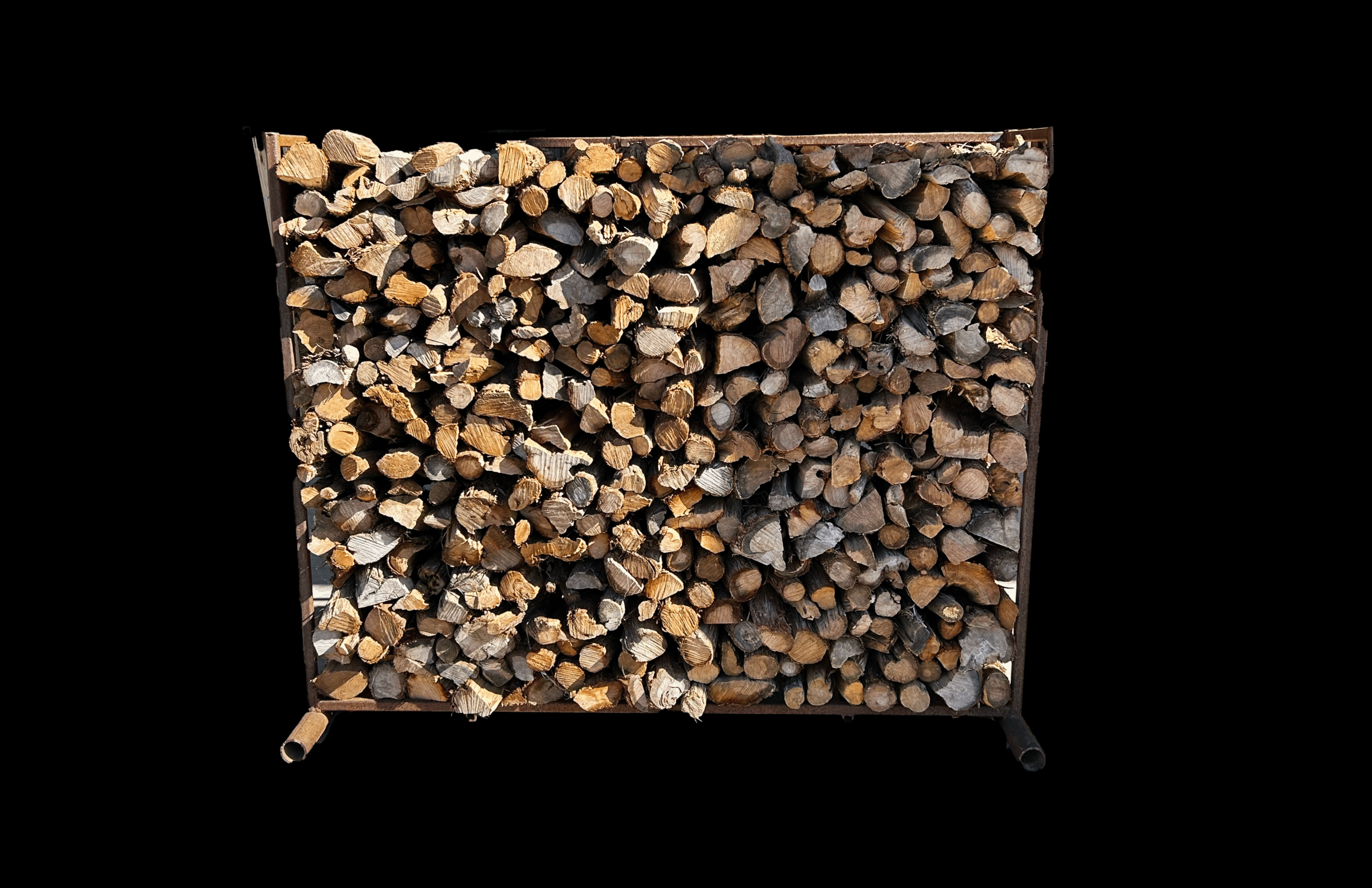
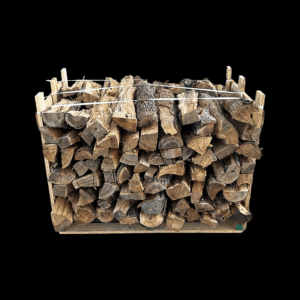
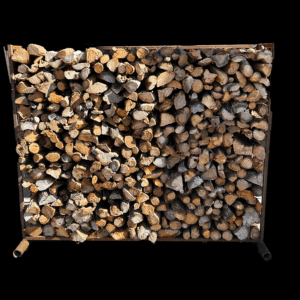
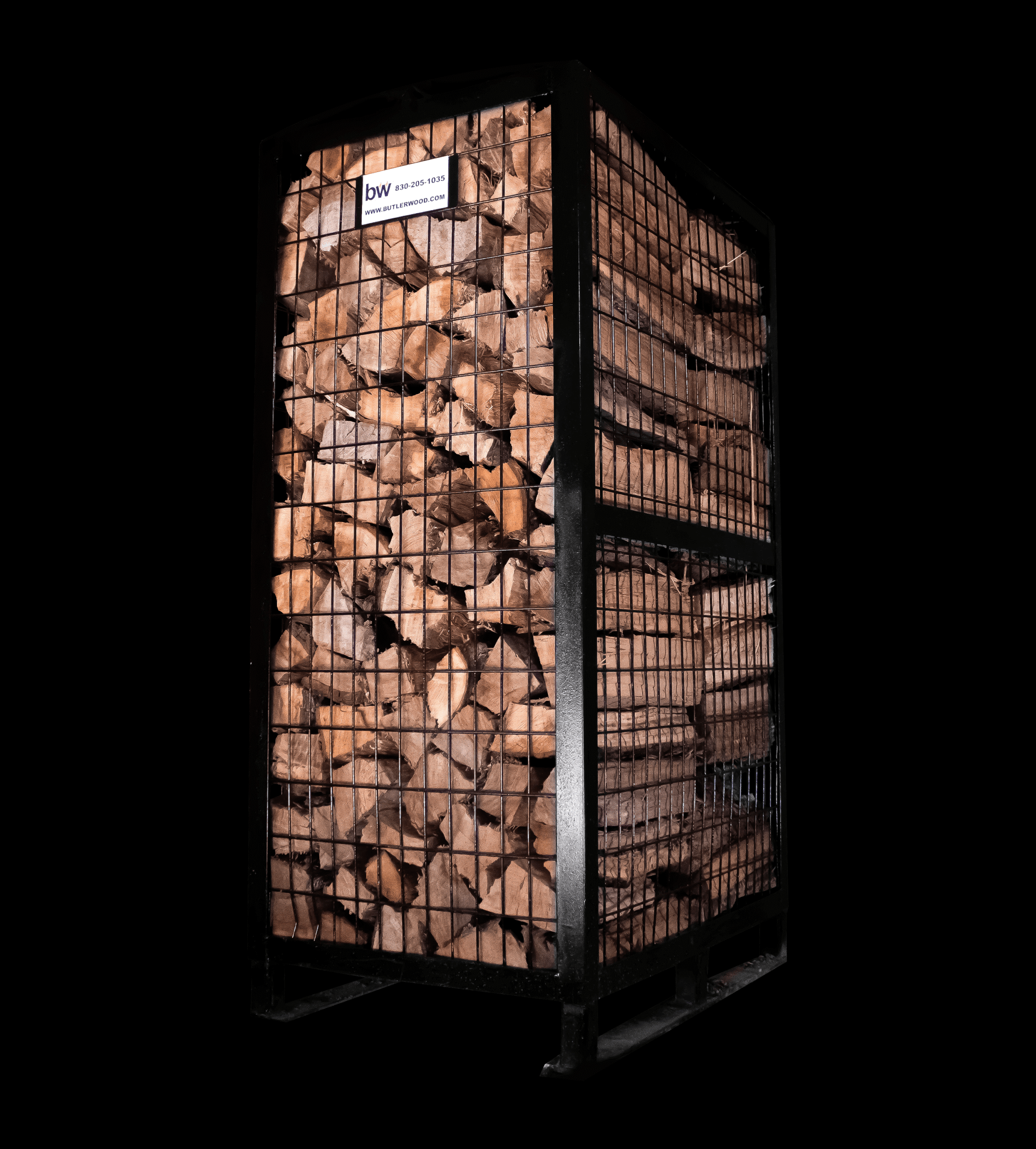
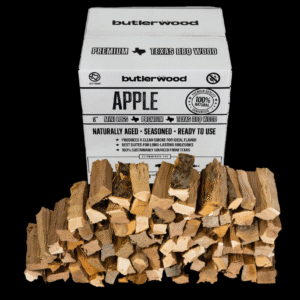
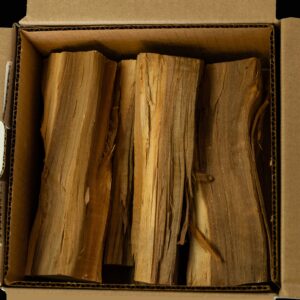
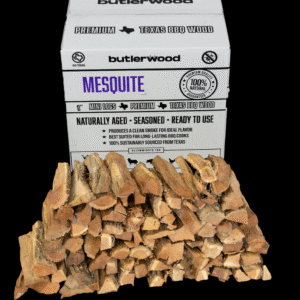
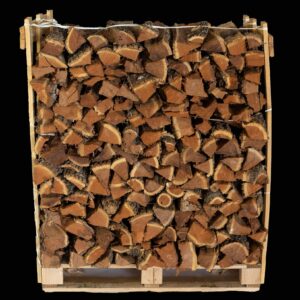
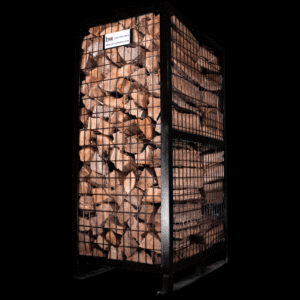

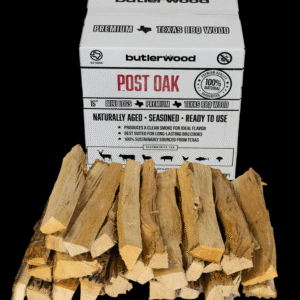
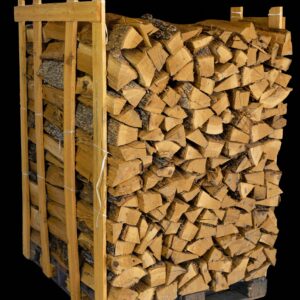
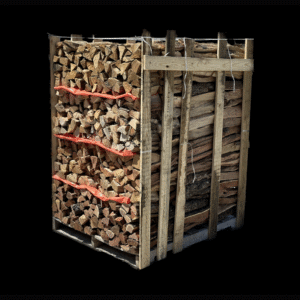
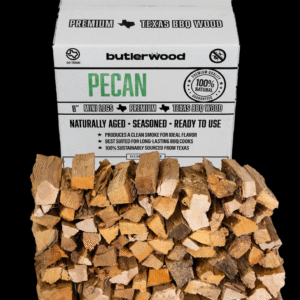
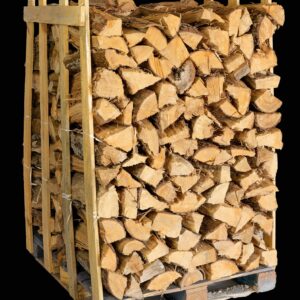
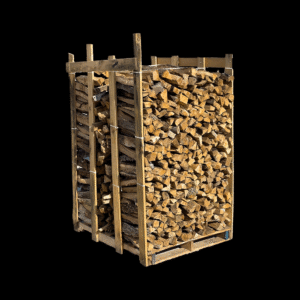
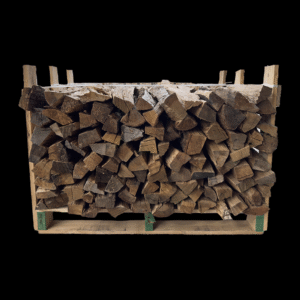
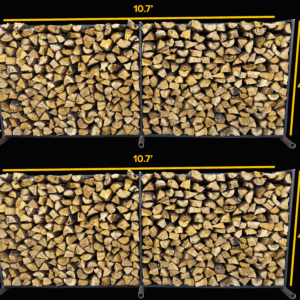
Blair Torres –
Juniper firewood is a game-changer! The smoky, aromatic scent fills the room like a cozy spa. Burns hot and clean, no mess. Perfect for my weekend bonfires
Sage Patel –
Loving this Juniper wood! It crackles beautifully and lasts longer than other types. The natural resin smell is intoxicating. Highly recommend for anyone into eco-friendly fires.